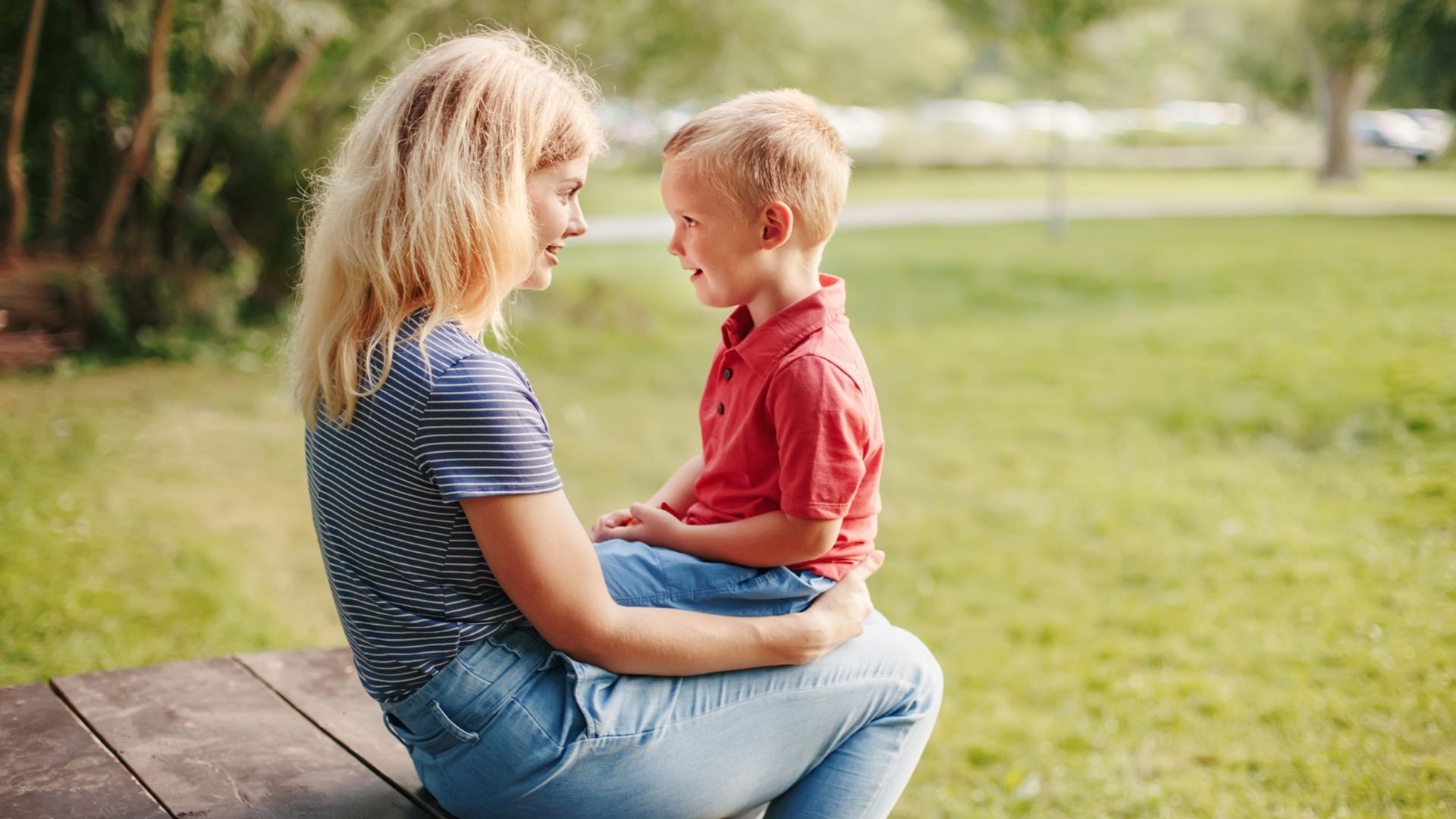Over the course of my career, and more specifically in interactions with other moms, I have observed a very unique phenomenon about kids and their verbalization. When kids are not spoken to on a consistent, regular, and purposeful basis, they tend not to speak themselves. So much so in fact, that I have had quite a few parents tell me that they believe their children have speech delays, autism spectrum disorders, hearing problems, and more. However, these were also parents who I observed speaking around their children, but not to them.
The fascinating thing about kids is that they absorb the actions, attitudes, mannerisms, and behaviors of those around them. They are innately respectful of family dynamic and culture. If they witness anxious behavior, they are fearful. If they see aggression, they are violent. If they notice that people do not speak to them, they are quiet.
I had a mentor and friend who once told me, “Kids do in moderation what you do in excess, and do in excess what you do in moderation.” So, if you do not purposefully engage your kids in LOTS of conversation, especially when they are young, they will speak minimally as a result.
How to Talk Based on Age
There are several play therapy based principles that will help you to speak frequently with your kids. Here they are, broken down by age:
- Infants and toddlers – Studies show that the bulk of brain development (which includes language acquisition!) occurs before three years of age. When infants and toddlers are young, they do not yet speak, making it easy to forget to talk to them. However, the skills of labeling and describing are crucial during this phase! You tell them the word or the description of everything that they see, so that they build word understanding and vocabulary. This would look like: “Step up! Step down!” as they climb stairs on a playground, “Tree!” as they point to the palm tree, or “Cold!” as they touch an ice cube.
- Elementary-aged children – Children 5-11 benefit from the play therapy skills of tracking behavior (say what you see) and reflecting content (say what you hear). These skills allow you to communicate with them in such a way that they are still directing the conversation. In other words, you wait for them to tell you something or do something, and you respond with your awareness. Reflecting Content would be: “You did lots of things at school today!” after they tell you they had recess, ate lunch with friends, wrote in their journal, and did a science experiment. Tracking Behavior would be: “You are driving the cars on the track,” or “You spun around until you got dizzy.”
- Pre-teens and adolescents – Once kids reach 12, they develop abstract reasoning skills which makes it easier and more difficult to converse with them! They are finally able to think rationally, but they are still unable to articulate their emotions well. The skill that is helpful during this phase is reflecting feelings. You communicate back to them the emotion that they are expressing, either verbally or nonverbally. This would look like: “You are really excited about seeing your friends.” or “You are angry right now.” This helps them feel understood, validated, and it builds an emotional vocabulary so that they can express their feelings in the future with more ease and confidence.
Communicating with kids does not necessarily always come naturally, but with intention it can be very beneficial. Not only does it help open communication channels between you and your kids, but it encourages kids to feel comfortable and able to talk to you. Which is of course what you want, so you can use these play therapy skills to make that happen in your family!

